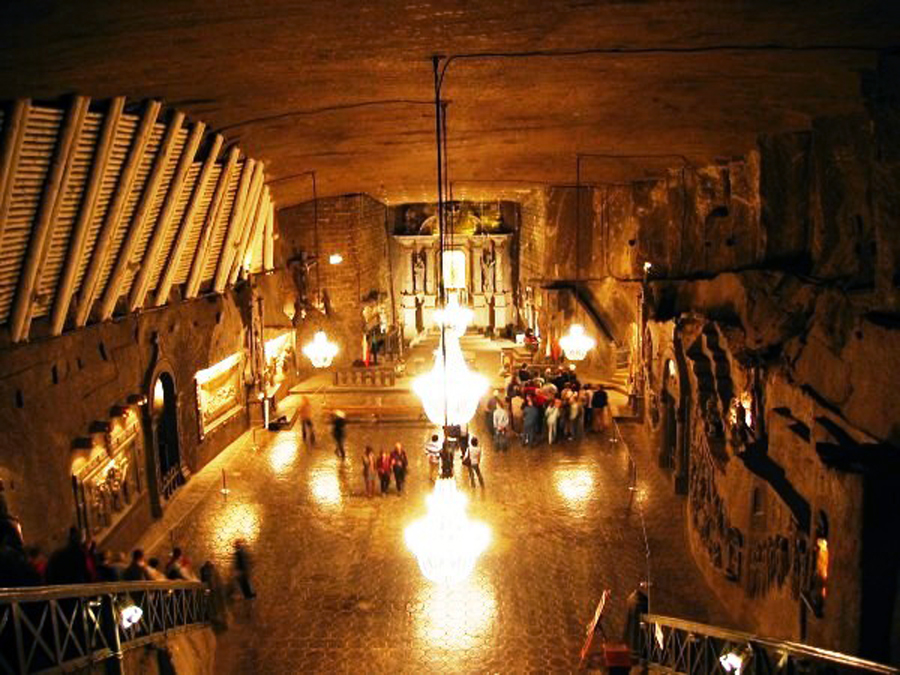I won't get into communism killed people shit. Every system killed people, and the brutality of the particular system should be tied to it's executors (leadership) and it's implementation. IMHO, more people died as a consequence of capitalism (both economic and wars) and religion, than from communism and fascism together. Therefore, labeling brutality to a generalized system is wrong (not including fascism; theoretical system itself imposes rule how someone is better than someone else based on skin colour. religion, nationality, etc...).
The reason why it will not work in my opinion is that it takes away the willingness to do something. If all jobs are paid the same wage, there will be many people picking up the trash but no doctors. Why would you put effort in school if you can earn the same by doing nothing at school (picking up trash is very important work, but no education is needed). And doctors might have to work at odd hours as well.
That's a certain addition to theory that's well above 100 years old; back then, you had labour (poor) and management (rich).
Today, it's pretty different, you have a lot of segments between the richest and the poorest. The ideas of modern socialist/communist state are that the poorest should be the average. For instance, in my country, i am labeled as middle class regarding my education, job, payment, etc. However, i can hardly even lead an average life. I will be in deep financial shit if i go out today and get bank loan for a flat.
In a modern socialism, those who are "poor", are to be able to have clean and healthy roof above their head, basic means of transport, and means to cure and educate themselves and their children. Those above them will have a bigger flat on an attractive location, better car, holidays, luxuries, etc. But the poorest need to have an equal chance to lead a normal life and to get one step up.
And i'm not fond of the theory that says...if some people have it all, they won't be productive. On the contrary. If i had millions, i'd still work, and i would probably have same type of job and same type of hobby that i have today. Because i'm a normal person. Out there you have rich people who's job is to be rich. To go to "events", have media coverage, appear in luxury sport cars, etc. What i want to say is, if i lived in a system where one sweeping lady gets same amount of money as me per hour, i'd still be computer scientist, because i don't like sweeping. End of story.
Just to add something up. Today you have a world-wide system where people who work little get paid much. It's a middle man economy. It runs up from black market to highest segments of enterprises. Weed dealer who just transports couple of kgs to smaller dealers (who work with the customers) has tons more of profit divided by some unit of work. Those who grow weed need to grow it, those who sell it to customers need to bicker with packaging, selling etc.
The explanation for this is that managers have a lot of responsibility on their hands. Yeah right. Vast majority of today's companies are LLCs. Meaning, if you run out of business, your profits are still yours. It's another type of issue that managements buy their personal luxuries (cars, boats, flats) as registered property of company (to avoid certain taxes). If they run out of business, someone is going to take away that yacht. So there lies the responsibility...as a fear of losing property, not as a fear of getting your hard working employees into a shit situation.
 That being said, I am not sure whether it is possible to restrict communism to only Marx's and Engels's and others' writings. After all, Adam Smith's vision of a completely unrestricted market economy has never taken place (correct me if I'm wrong but that was his basic idea, right?), even in the USA, yet we still call it capitalism. I'm not familiar enough with either of the terms to justify this to great extent, so I might be wrong here. But, to put it bluntly, terminology's a bitch sometimes.
That being said, I am not sure whether it is possible to restrict communism to only Marx's and Engels's and others' writings. After all, Adam Smith's vision of a completely unrestricted market economy has never taken place (correct me if I'm wrong but that was his basic idea, right?), even in the USA, yet we still call it capitalism. I'm not familiar enough with either of the terms to justify this to great extent, so I might be wrong here. But, to put it bluntly, terminology's a bitch sometimes. 




